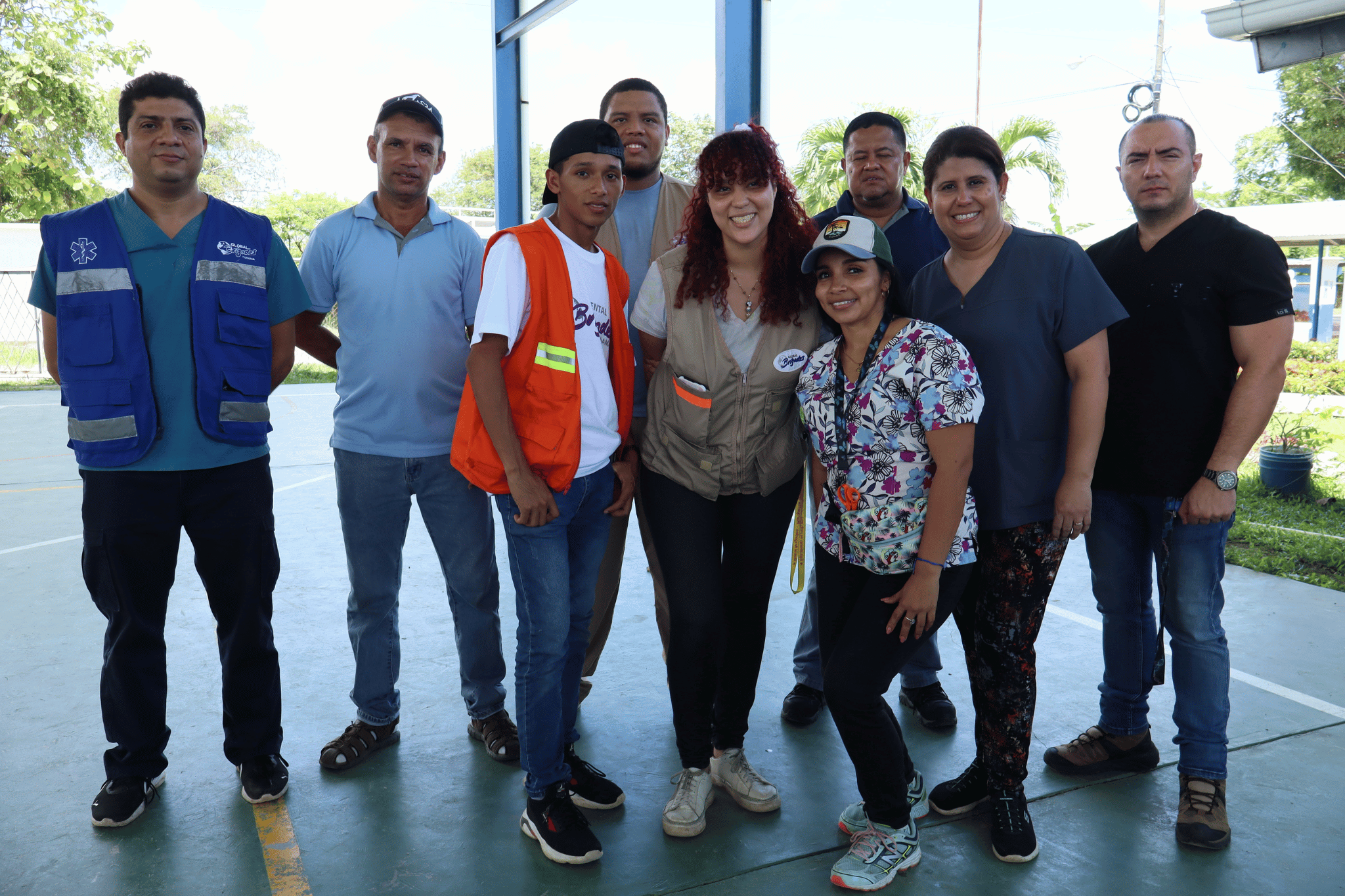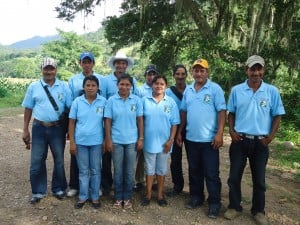If you’re considering joining a Medical Brigade, it’s natural to ask:
Is this safe?
At Global Brigades, the well-being of volunteers is our highest priority. We recognize that safety is foundational: not just for peace of mind, but to ensure that volunteers can focus on learning, serving, and building community-led impact.
We’re proud of the systems we’ve built over 20+ years to support volunteers through every step of a Brigade experience, from preparation to in-country operations to emergency response.
Here’s how we think about safety, supervision, and support.
Risk Assessment & Ongoing Monitoring
Every Brigade begins with careful, data-informed evaluation.
Before any group departs, in-country teams conduct ongoing risk assessments that consider political, environmental, health, and logistical conditions in each host location.
These assessments are supported by up-to-date information from trusted sources including the U.S. Department of State and the Overseas Security Advisory Council (OSAC), and local U.S. embassies.
If a community, or any part of a program location is determined to be unsafe, we adjust plans, postpone deployment, or suspend operations as needed.
We do not send volunteers or staff into situations that don’t meet our safety standards
In-Country Staff & Supervision
Volunteers are supported by trained professionals from the moment they arrive until their return home:
- 24/7 in-country staff presence: Brigade Coordinators, support staff, and translators are with each group from arrival to departure.
- Licensed healthcare supervision: Clinical stations are led and supervised by credentialed healthcare professionals; students assist under supervision, not independently.
- Safety-trained staff: Before each Brigade season, staff participate in comprehensive crisis response, safety protocol training, and first-aid preparation.
Volunteers are never alone. And they are always expected to stay with the group under staff guidance.
Transportation & Lodging
Safe and reliable logistics are part of how we look after volunteers:
- We partner with vetted, regulated transportation providers that meet local legal standards and safety requirements.
- All drivers hold appropriate licenses, and vehicles are inspected and maintained regularly.
- Volunteers stay in secure, vetted lodging arranged by Global Brigades, with staff present overnight.
These details are vetted in advance for each program country.
Health & Emergency Support
We recognize that health events, physical or emotional can happen anywhere, so we prepare for them:
- All volunteers are automatically enrolled in international travel medical insurance for the duration of their program.
- Sites maintain relationships with local healthcare providers, and staff can coordinate care when needed.
- In the event of serious illness or an emergency, we can coordinate with local facilities, embassies, and, when necessary, arrange transport with professional support.
Embassy & Government Coordination
Safety isn’t just internal to our organization. It’s supported by broader partnerships:
- Before each Brigade, U.S. volunteers are registered in the U.S. Department of State’s Smart Traveler Enrollment Program (STEP) so the embassy can contact them in case of regional advisories.
- Global Brigades maintains communication with U.S. embassies and local authorities to receive official travel and safety updates and insights as situations evolve.
- These external connections help inform decisions and ensure volunteers comply with local requirements.
Community Context Matters
We intentionally partner with rural and community-identified regions where:
- Long-standing local leadership relationships exist
- Community safety is understood in context (not assumed based on national headlines)
- Volunteers are welcomed and supported by residents
Strong local partnerships are a safety asset. Not just a cultural one.
Emergency & Evacuation Plans
No matter how many safeguards are in place, unexpected situations can arise. And we plan for them:
- Each country has detailed evacuation procedures ready if volunteers need to be moved quickly and safely.
- In such cases, in-country coordinators work with staff, local authorities, embassies, and airlines to ensure every volunteer’s security and departure logistics are addressed.
The Bottom Line
International travel always carries some risk, just like studying abroad, internships, or extended travel. But the safety systems we’ve built at Global Brigades from pre-departure preparation to coordinated emergency response are designed to protect volunteers so they can focus on the meaningful work they came to do.
We prioritize the safety and wellbeing of every volunteer so they can make a positive, sustainable impact and return home with confidence and growth.
Join Us with Confidence
If you’re ready to explore what a Medical Brigade looks like in action, or you have questions about specific protocols, our team is here to support you every step of the way.




